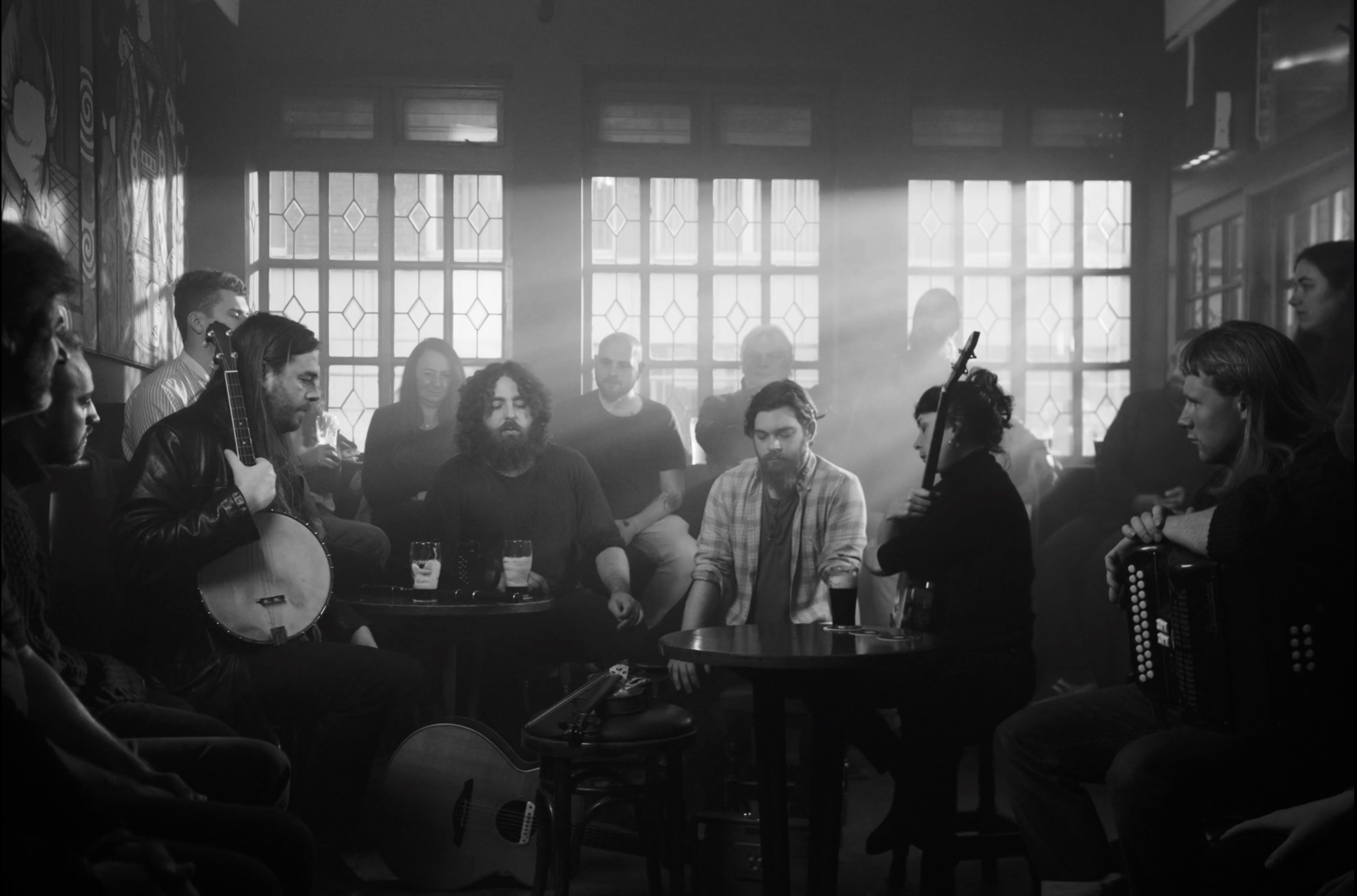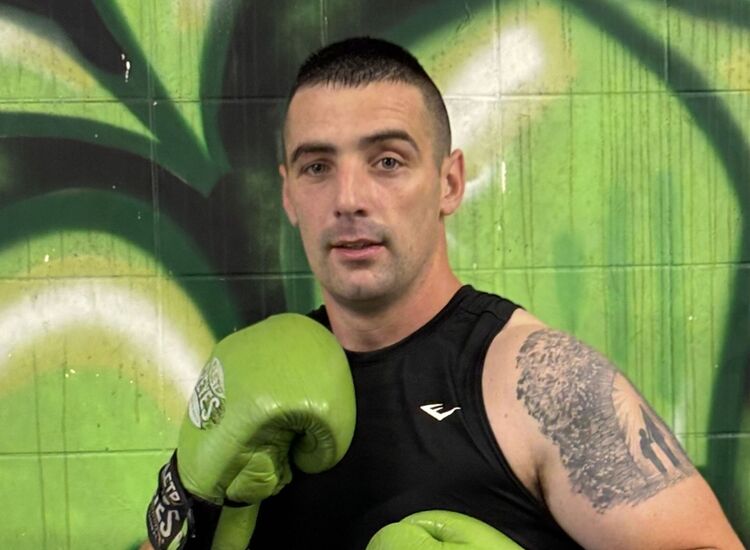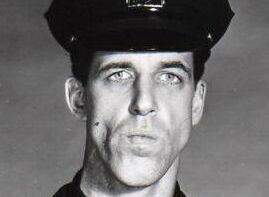The geography of Dublin City center has been defined since the mid-18th century by two curved streets that bend from the Phoenix Park, at the west side of the City, to the gritty docklands at the east, where the River Liffey meets the sea. Within these crescents is the city proper, beyond them lie the suburbs. The street names may change as they bend eastwards through the City Centre, but for most of their asphalt arcs, they are called the North Circular and South Circular Roads. The former is now the subject of a beautiful and moving documentary by Irish filmmaker Luke McManus, a native of Bray, Co. Wicklow, but longtime resident in the North Circular area.
The North Circular Road is hemmed in by icons of power at either end. The western arc terminates at the gates of the Phoenix Park, site of both the Wellington Monument, commemorating Britain’s hero of the Napoleonic Wars, and the Viceregal Lodge, childhood home of Winston Churchill, whose grandfather was Viceroy of Ireland in the late 1870s. Modern Dubliners know it better as the rebranded Áras an Uachtaráin, official residence of Irish presidents since 1938. At the eastern endpoint is the city’s Financial Services District, modern hub of Ireland’s banking industry. And in between are the storied working-class neighborhoods of Stoneybatter, Ballybough and Sheriff Street, communities that McManus explores with a sympathetic eye on the lives of the multi-generational families who live there, and a critical appraisal of the colonial and state institutions of the locality that so often failed them over the past 200-plus years.
Along the route McManus visits Mountjoy Jail, where so many young people from the area serve time, having fallen victim to the scourge of hard drugs, and Grangegorman Hospital, a holding pen in the 19th Century for young Irish women held in custody (often with infants in tow) for minor offences, prior to deportation. Thousands of them were dispatched from there on a one-way voyage to Van Dieman’s Land to boost the colonial population of an island that was, for the British, a male-dominated penal colony.
But it’s not all grim reminiscence - uplift and raucous community spirit is in evidence, and celebrated, in following the victorious grassroots campaign to save the legendary traditional music venue, the Cobblestone Pub in Stoneybatter, from the wrecking ball of greedy developers, and the open-top bus parade for North Circular native Kellie Harrington, champion boxer, and winner of Olympic gold for Ireland, in Tokyo in 2020.
McManus takes a daring approach in shooting “North Circular,” solely using his own footage from current times, with none of the conventional documentary reliance on archive material, august academic talking heads, and headlines torn from history books. The director lets his images do the talking for the most part, and his use of shimmering black and white, allied with poignant musical turns from luminaries of the Cobblestone’s trad music revival movement, give his film a timeless quality that roots his “North Circular” narrative firmly in both its complex history, and its vibrant present tense.
And, in a symmetry that McManus claims was happily accidental, the 85-minute running time of his film matches precisely the Google Streetview estimate of how long it would take to walk the North Circular Road, end to end.
“North Circular” opens for a week-long run at DCTV Firehouse Cinema, 87 Lafayette Street in Manhattan, starting July 31. Check the Firehouse calendar at dctvny.org for special screenings that will feature talks, pre-screening, followed by Q & A afterwards with the filmmakers and the musicians who participated in this iridescent and heartfelt documentary. For an Echo interview with the director click here.










